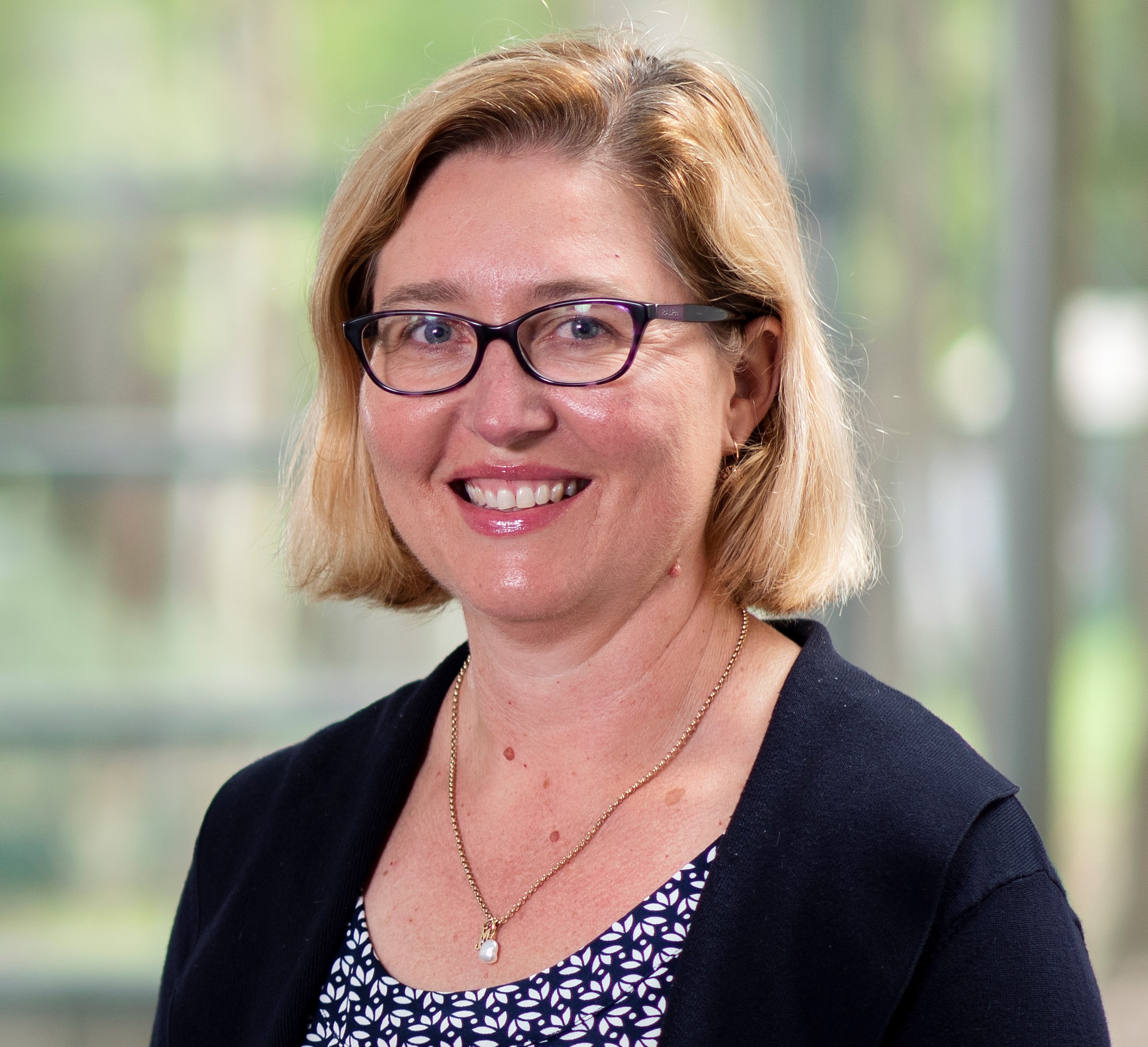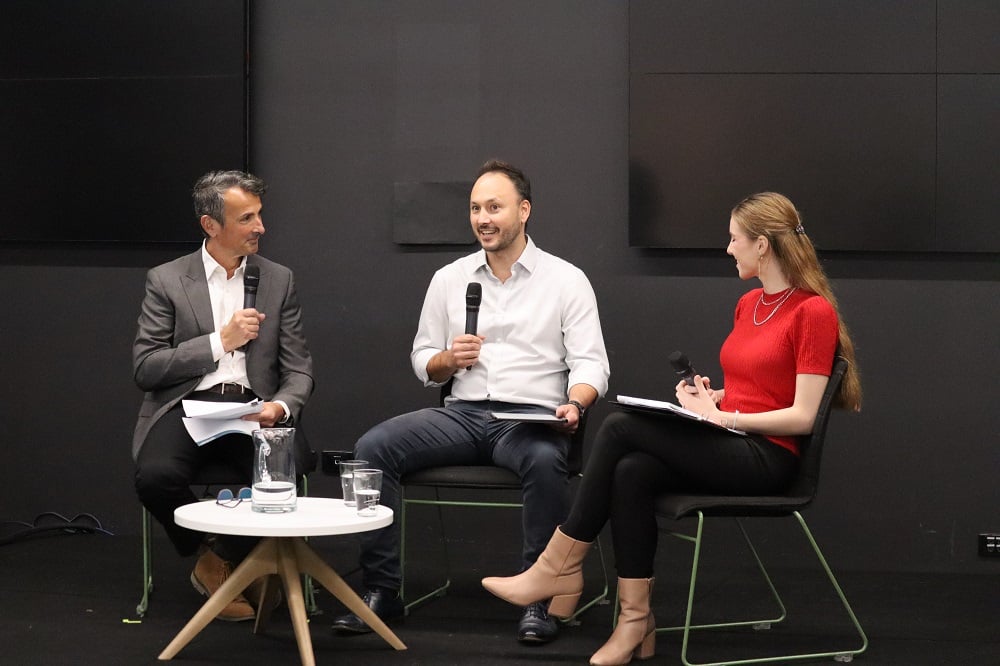Under the Microscope: Melissa Shields
The University of NewcastleThis month ATN Universities heard from Melissa Shields from The University of Newcastle, she recently won the Telix award for her research and presentation on Nuclear Medicine Technologists (NMTs).

What drove you to your field of research?
After working clinically for 25 years, I thought occupational burnout may be a problem for some nuclear medicine technologists (including myself) and that it could potentially impact on good nuclear medicine technologists (NMTs) leaving the field.
Your area of expertise is in Nuclear Medicine, do you have a surprising or fun fact to share from your research?
You won’t glow in the dark after we inject you with a radiopharmaceutical. Seriously though, the NMT profession has been a career option since at least the 1970s in Australia, however, there has been no research into the wellbeing of NMTs in this time.
You recently won the Telix Award at the Australian and New Zealand Society of Nuclear Medicine Awards for your research and presentation titled “Occupational burnout in nuclear medicine technologists working in Australia and New Zealand” – tell us more about this research
This presentation was the final piece of research from my PhD studies and included the results from a multi-national survey of NMTs working in Australia and New Zealand, examining occupational burnout. NMTs from both Australia and NZ had low or moderate levels of occupational burnout, with no participants having high levels of occupational burnout.
The survey also evaluated working conditions, tasks that contributed to workplace stress, as well as measures put in place by participants and organisations to alleviate workplace stress (and whether they felt they were successful).
What do you believe is most important about the work you undertake?
Making NMTs aware of what occupational burnout actually is, without the media hype and misinformation. This information can then be used to help NMTs make decisions about their own mental health and workplace conditions and start a conversation with their managers.
You are clearly passionate about your work and enjoy training the next generation of clinicians. What motivated you to teach and what do you most look forward to seeing in this new generation?
I always enjoyed teaching students when they were in our department on clinical placement, however academic positions in our field are scarce. Consequently, when the position came up at UON, I jumped at the chance to relocate my family back to Newcastle, where I grew up and studied. It’s great to see the next generation of NMTs being passionate about their studies and career, knowing that we have armed them with the skills to be great health care professionals.
How much time do you spend on a university campus? What excites you about working within a university campus?
I am a full-time academic at UON, therefore am on campus most days. In our field, we are very hands-on, therefore we have a lot of labs and practical tutorials. Having the students in the classroom, not only teaches them the theoretical knowledge they need, but also develops their communication skills, vital for a career in healthcare. The Callaghan campus at UON is in such a beautiful and natural setting, coupled with the world-class facilities we have at the School of Health Sciences, makes it very easy to be on campus.
What do you think is the biggest challenge facing higher education in Australia?
For our profession, it is the cost of clinical placements. It is such a necessity for our students to get real-world experience and to be career-ready, however, our students must give up their part-time jobs and move away from their support networks for approx. 6 weeks each semester to get this experience. It takes a toll on them. The state and federal governments are helping some of the more popular programs (e.g. nursing, education), but it affects all of the allied health professions as well.
Do you have a hobby?
I love walking along the beautiful Newcastle coastline.
Can you tell us of a book, film or TV show you recently read or watched that you would recommend and why?
I love Natasha Lester books, a mix of history and romance to relax my mind.
What’s your dream holiday destination and why?
So many places, so little funds!!! I am enjoying introducing our teenage children to the world.
What would you say to a student about to begin their higher education journey?
It’s going to be hard at first, the transition from high school to tertiary education and actually studying for a career and not to pass an exam. There are so many different pressures for them. But it will eventually click and all make sense.

